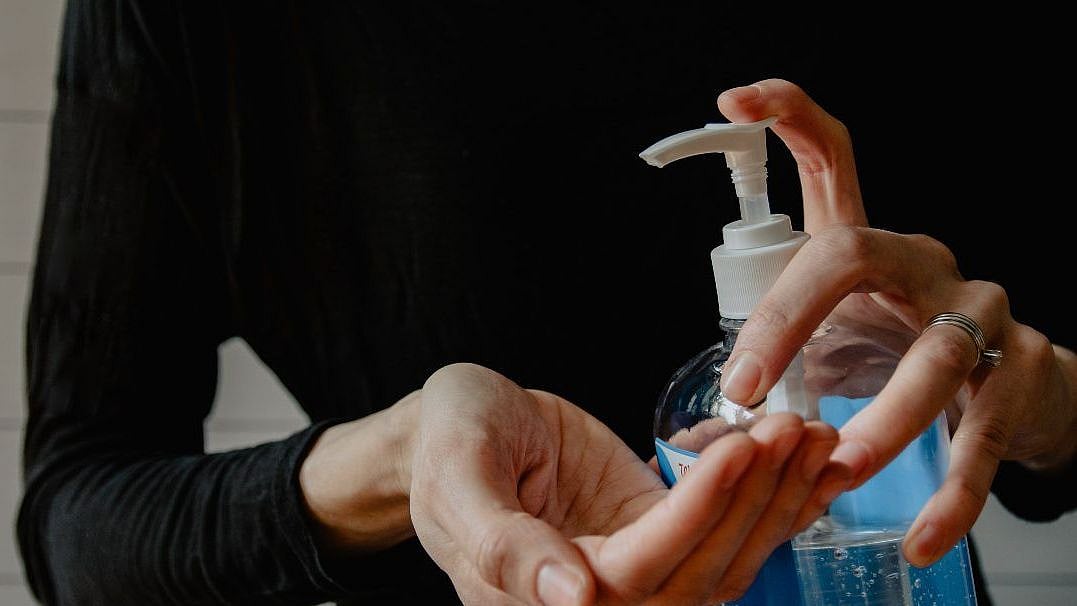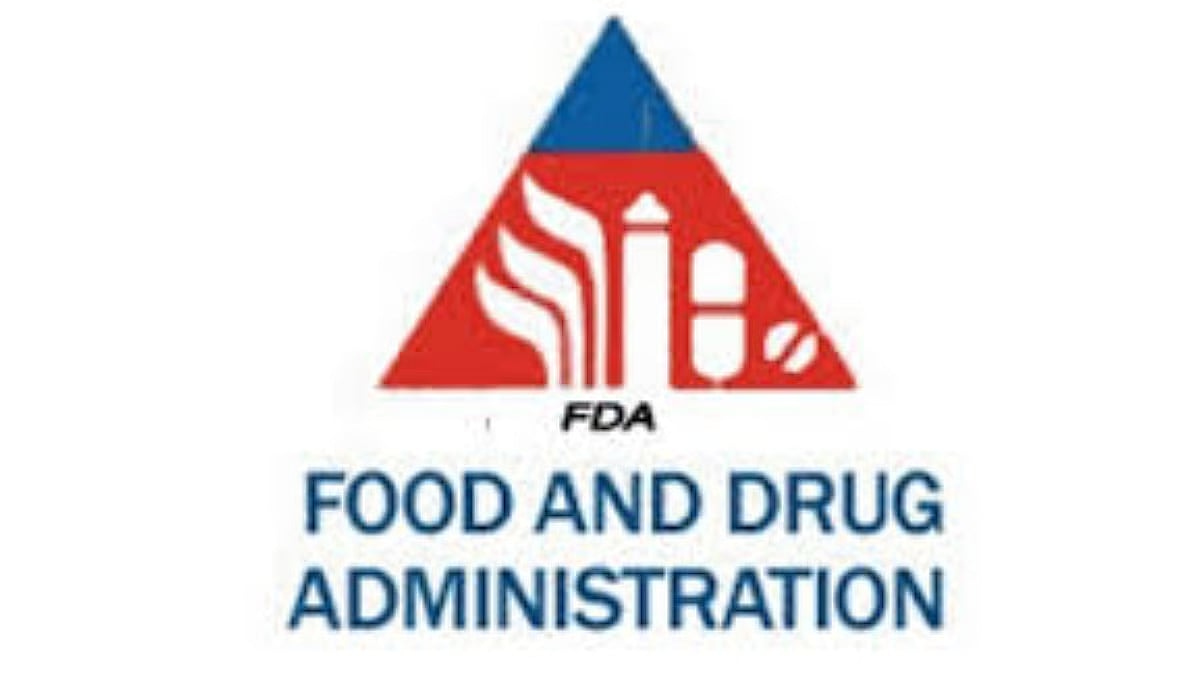With a billion vaccine doses already running in India’s system, it is only the start of a lengthy war against a fatal pandemic, with a lot more that needs to be done to safeguard people. The lack of a treatment or vaccine, along with the contagious virus's constant and rapid spread, sparked a panic that had only one answer --- hand hygiene. Specialists, doctors, scientists, and the WHO bigwigs recommended that people wash their hands often. Sanitizers —- for anything we touched —- has possibly been the only strategy before the vaccines came into the picture.
The COVID-19 coronavirus pandemic has been a boon for the hand sanitizer industry. An Arizton Advisory and Intelligence report estimated that the market for hand sanitizers has grown by 595 percent since 2019. The question is whether regulation and testing have kept pace with the growth of the industry.
Sanitizers become commonplace
The partnership between the public and private sectors sparked a surge in sanitising demand. Sanitizers slowly became commonplace. What was previously only found in hospitals and pharmacies, were suddenly flying off the shelves at supermarkets. Consumption touched litres per person. However, certain unforeseen repercussions of the actions taken to fulfil demand have emerged, such as the emergence of counterfeit hand sanitizers on the market. This is a different kind of epidemic and there is a pressing urgency to combat it.
Following the outbreak of the pandemic, India's demand for hand sanitizers increased by 3,600 percent, from 9 lakh litres per annum to 344 lakh litres per annum in just a few months. Because manufacturers were unable to satisfy demand, costs skyrocketed. Back-alley operators saw an opening and began selling false and spurious items, which included plastic bottles, fraudulent labels, and sanitizers diluted with water or coloured liquids. The Union Government attempted to address some of these issues in March 2020.
The following are some of the fast and interim actions that were taken:
· Sanitizers were listed in the Essential Commodities Act of 1955 until June 30, 20. It had price caps of 50p per 1ml or 500p per litre.
· The government released a directive on March 19, 2020, asking state governments to increase sanitizer production as soon as possible. Sugar mills and distilleries were also allowed to make sanitizers for three months under the new restrictions.
· The FDA offices were instructed to provide sanitizer manufacturing permits within three days of receiving applications. Many producers were awarded licences in a short period of time. The licences have also been renewed until December 2021.
· In April this year, the Ministry of Ayush approved the production of sanitizers by Ayurvedic medicine makers.
Spurious sanitizers are a problem
Despite the excellent intentions, there were some unanticipated repercussions.
a) To manufacture sanitizers, manufacturing facilities had to demonstrate to the FDA that they had sufficient infrastructure and staff. Many of these firms are suspected of not having appropriate facilities that meet Central Drugs Standard Control Organisation (CDSCO) standards.
b) Most sanitizer producers do not use the Indian pharmacopeia-grade component isopropyl alcohol (IPA), resulting in non-compliance with the required standards and composition.
c) Cosmetic and Ayurveda firms have begun producing and selling cosmetic-grade sanitizers, many of which are hand cleaners rather than sanitizers as defined by the Drug Act and do not provide the claimed benefit.
d) Unacceptable levels of methanol has been identified in a few sanitizers, and 1-propanol is often used in sanitizers in Indian hospitals. These are poisonous to the human body. The US FDA considers the use of 1 propanol and methanol to be inappropriate, and only IPA and ethyl alcohol are permitted.
e) Anyone can sell sanitizers, which has led to adulterated versions in the market.
Do we want this?
Needless to add, such goods have more sinister effects, particularly for the naive public who operate in a false feeling of security against COVID 19. They end up injuring themselves, however, because contaminated 1-propanol and methanol-based sanitizers are ineffective and constitute a major health risk. Furthermore, because the CDSCO does not have a standard for ethanol purity, contaminated ethanol is frequently used in sanitizers. Inhaling impure ethanol has been linked to a variety of health issues.
Cutting to the chase
Authorities are working to reduce the dangers of counterfeit hand sanitizers on the market. Here are a few actions that will operate as a strong force against racketeering and the fabrication of fake sanitizers, among many others.
· Many sanitizer producers' licences are up for renewal in December 2021. According to CDSCO standards, they should only be renewed for units with a proper manufacturing facility. The facilities should be inspected again, and those who do not follow the rules should not be given an extension. The United States Food and Drug Administration (USFDA) has done the same.:
The US Food and Drug Administration (FDA) intends to withdraw guidance documents issued in March 2020 that outlined temporary policies for manufacturers who were not drug manufacturers prior to the public health emergency to produce certain alcohol-based hand sanitizers and alcohol for use in hand sanitizers. Under the interim restrictions, firms that manufacture alcohol-based hand sanitizers must stop making them by December 31, 2021. Manufacturers can no longer sell or distribute hand sanitizers made before or on December 31, 2021 and produced under the temporary guideline by after March 31, 2022. Manufacturers that want to keep making hand sanitizer beyond that date can do so as long as they follow the preliminary final monograph for over-the-counter topical antiseptics and other applicable regulations, such as the FDA's Current Good Manufacturing Practices.
· The CDSCO should establish rules for the alcohol level and purity of alcohol in sanitizers. DFPCL, for example, employs 99.8% pure IPA in its sanitizers.
· Because hand sanitizers are regulated by the Drugs Act, Indian Pharmacopoeia Grade substances (IP) should be utilised in their production. In addition, WHO suggested formulas that are meant for worldwide usage. In India, the same should be supported for both manufacturing and use.
· In hospitals, 1-propanol-based sanitizers should be prohibited, and only IPA (IP) or Ethly alcohol (IP)-based sanitizers should be permitted. The United States Food and Drug Administration has issued a warning against the use of 1 propanol in hand sanitizers.
· Non-drug manufacturers' hand cleaning goods, such as cosmetic and ayurvedic medicine manufacturers' products, do not fit into the sanitizer category and should not be promoted as sanitizers.
· From time to time, the government should disclose a list of producers and suitable hand sanitizer brands so that people may make educated selections when purchasing sanitizers.
At a time like this, sanitizer manufacturers need to be committed to providing the highest quality goods to its clients while adhering to best-in-class processes and standards. In hand sanitizers and rubbing alcohols, IPA is the most used active component. For dealing with COVID-19, most globally renowned institutes like as the WHO (World Health Organization), the CDC (Centers for Disease Control and Prevention), and others have advocated using IPA-based (Pharm grade) hand sanitizers and disinfectants. Sanitizer brands should be tested at reputable worldwide microbiology labs to diagnose its purity and efficacy. The public should also be made aware about the dangers of spurious sanitizers and only buy reputed brands to escape any health repercussions.
Indian sanitizer manufacturers should look forward to contributing towards the Indian Government’s Make in India initiative by manufacturing indigenous products, reducing the import bill, and generating employment. However, this should also be done responsibly so that public health is not endangered in any way. Spurious sanitizers are a problem, and it is high time that we come together to deal with it.
(Rajiv Rao, President, Industrial Chemical Business, Deepak Fertiliser & Petrochemicals Corp Ltd)









